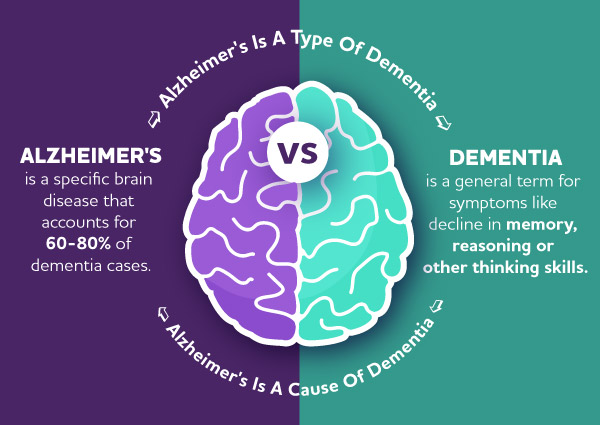Mild Cognitive Impairment due to Alzheimer’s disease (MCI-AD) is a precursor to Alzheimer’s disease (AD). It is characterized by a cognitive decline usually associated with aging or AD. However, some of the profound characteristics of MCI-AD are the gradual degrading of cognitive speech functions, which is often affected long before the diagnosis of MCI-AD. Research has shown that neurodegenerative disease such as MCI-AD deteriorates nerve cells that control cognitive speech and language processes, affecting an individual’s ability to make effective verbal utterances. As a result, the need for early detection of MCI-AD using linguistic biomarkers has grown. However, it is still prevalent to diagnose MCI-AD utilizing a combination of neuropsychological batteries and a doctor’s longitudinal observation of the individual. In a recent study, an independent linguistic battery comprising only the language components or subtests of popular neuropsychological batteries showed a better clinical detection for MCI-AD than using an exhaustive battery of tests. As confirmed by the study, the figures below compare the underlying patterns of the linguistic components and risk factors of MCI-AD and healthy control groups.

